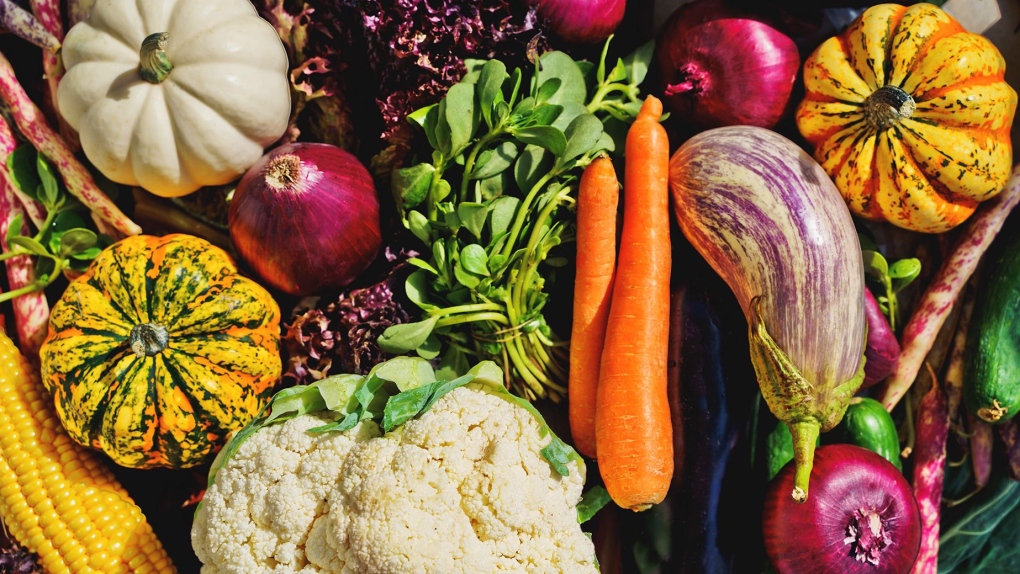
There's actually no such thing as vegetables. Here's why you should eat them anyway
CTV
The rumours are true: Vegetables aren't real — that is, in botany, anyway. While the term fruit is recognized botanically as anything that contains a seed or seeds, vegetable is actually a broad umbrella term.
The rumours are true: Vegetables aren't real — that is, in botany, anyway.
While the term fruit is recognized botanically as anything that contains a seed or seeds, vegetable is actually a broad umbrella term for many types of edible plants.
You might think you know what carrots and beets are. Carrots, beets and other vegetables that grow in the ground are actually the true roots of plants. Lettuce and spinach are the leaves, while celery and asparagus are the stems, and greens such as broccoli, artichokes and cauliflowers are immature flowers, according to Steve Reiners, a professor of horticulture at Cornell University's College of Agriculture and Life Sciences.
As for produce that grows from flowers, such as peppers and tomatoes, the hot-debated crops are botanically classified as fruits, Reiners added. Cucumbers, squash, eggplant and avocados are also classified as fruit due to their anatomy, according to the European Food Information Council.
The term vegetable does not have a set definition when it comes to botany. However, in horticulture, the science of growing garden crops, a vegetable is defined as any herbaceous plant — a fleshy plant that completes its life cycle in a growing season — in which some portion “is eaten either cooked or raw, during the principal part of the meal, and not as like a snack or dessert,” Reiners said.
The legal definition of a vegetable versus a fruit — at least in the United States — was determined during a 19th century U.S. Supreme Court case that concluded that the tomato is a vegetable.
While vegetables are really just the roots, stems and leaves of plants, experts don't recommend eating just any roots, stems and leaves.





















 Run 3 Space | Play Space Running Game
Run 3 Space | Play Space Running Game Traffic Jam 3D | Online Racing Game
Traffic Jam 3D | Online Racing Game Duck Hunt | Play Old Classic Game
Duck Hunt | Play Old Classic Game